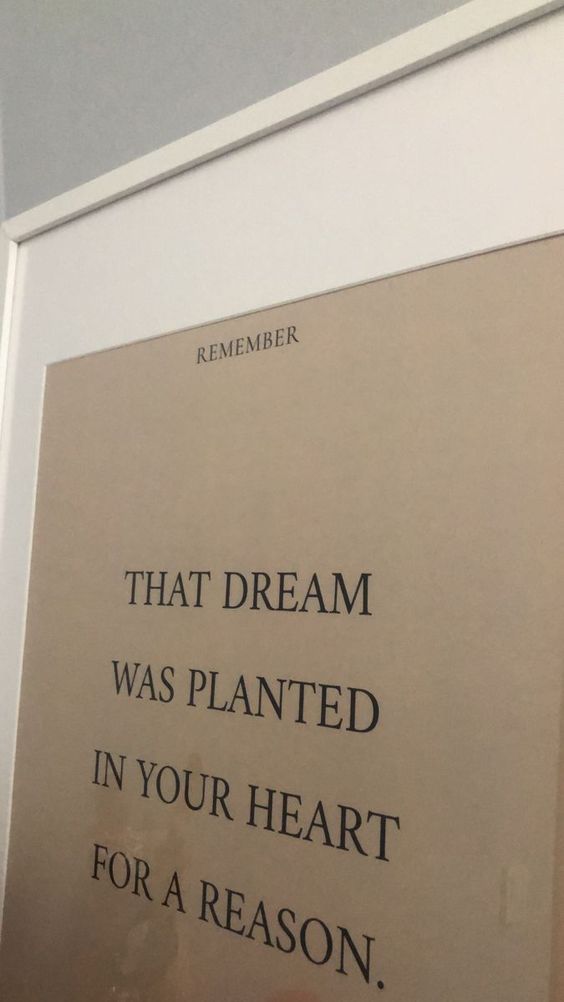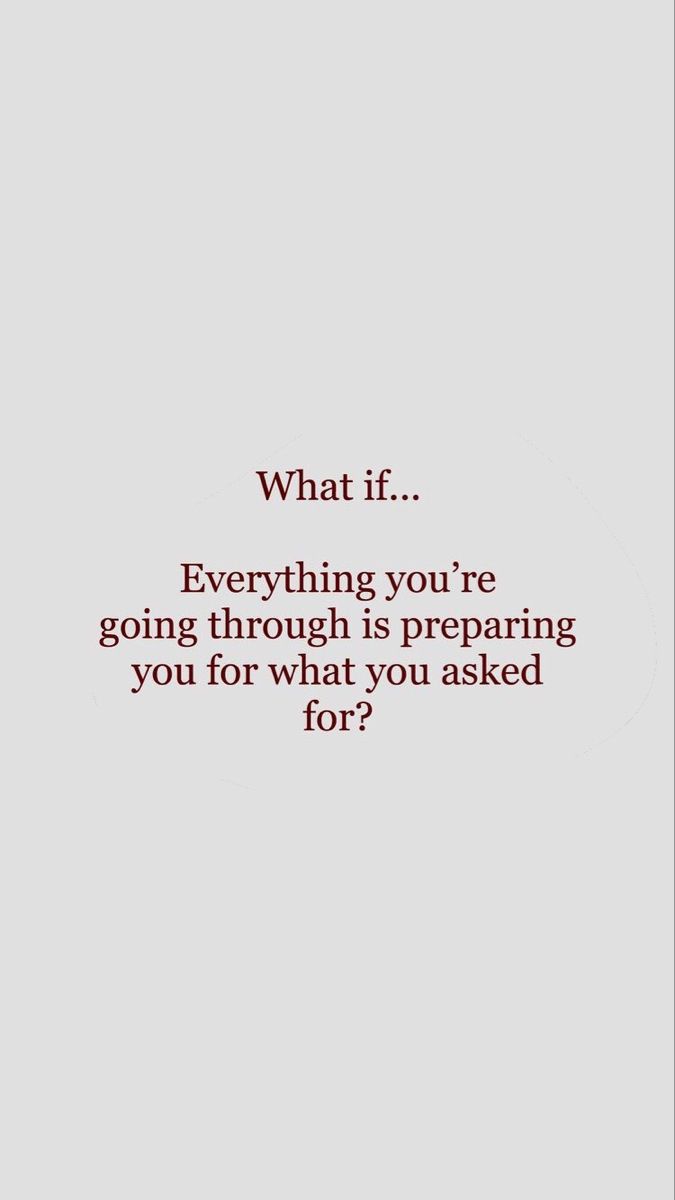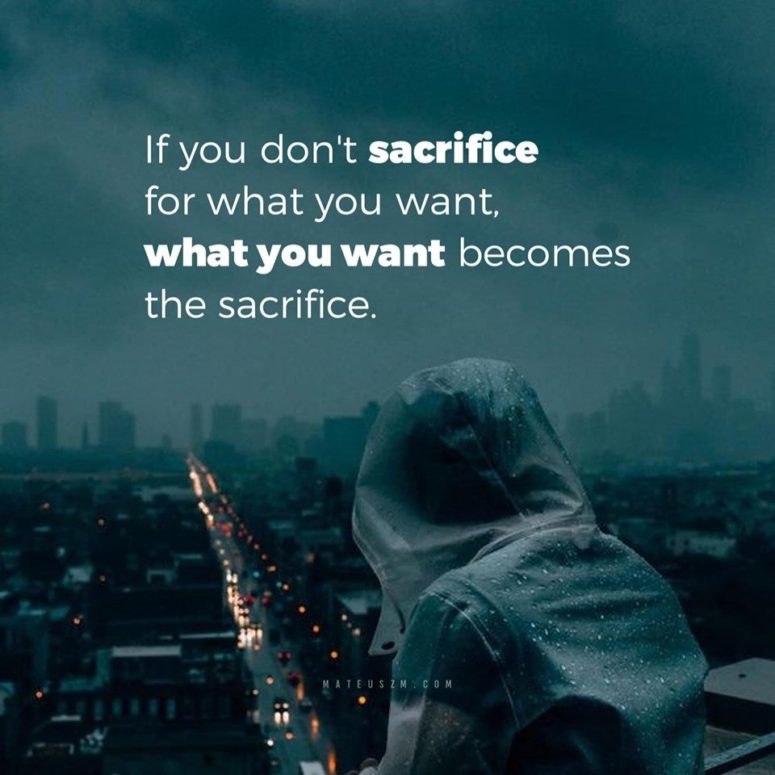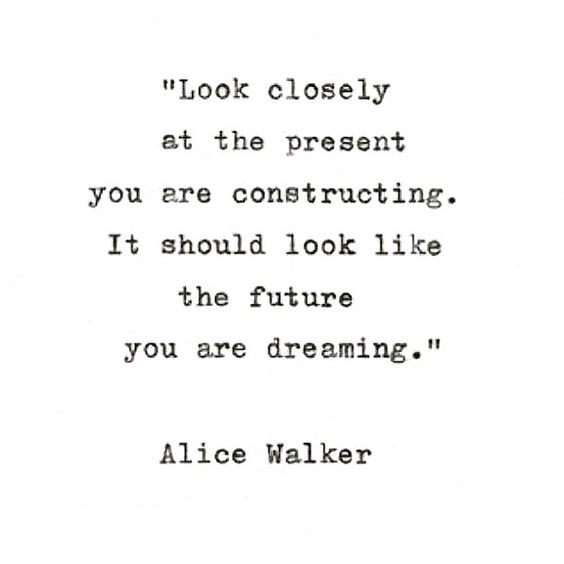“Jung observed that the aboriginal people of Australia spend two-thirds of their waking lives in some form of inner work. They do religious ceremony, discuss and interpret their dreams, make spirit quests, ‘go walkabout.’ All this consistent effort is devoted to the inner life, to the realm of dreams, totems, and spirits—that is, to making contact with the unconscious. We modern people can scarcely get a few hours free in an entire week to devote to the inner world. This is why, for all our technology, we may know less of our souls and less of God than seemingly primitive people do.”
Robert A. Johnson, Inner Work (Page 14)
“Every person must live the inner life in one form or another. Consciously or unconsciously, voluntarily or involuntarily, the inner world will claim us and exact its dues. If we go to that realm consciously, it is by our inner work: our prayers, meditations, dream work, ceremonies, and Active Imagination. If we try to ignore the inner world, as most of us do, the unconscious will find its way into our lives through pathology: our psychosomatic symptoms, compulsions, depressions, and neuroses.”
Robert A. Johnson, Inner Work (Page 10)
“The unconscious manifests itself through a language of symbols. It is not only in our involuntary or compulsive behavior that we can see the unconscious. It has two natural pathways for bridging the gap and speaking to the conscious mind: One is by dreams; the other is through the imagination. Both of these are highly refined channels of communication that the psyche has developed so that the unconscious and conscious levels may speak to one another and work together.”
Robert A. Johnson, Inner Work (Page 4)
“It’s impossible to build something that is of a higher quality than the quality of the people around you.”
Will Smith, Will (Page 318)
“[Darrell’s] position was: dreams are built on discipline; discipline is built on habits; habits are built on training. And training takes place in every single second and every situation of your life: how you wash the dishes; how you drive a car; how you present a report at school or at work. You either do your best all the time or you don’t; if the behaviors has not been trained and practiced, then the switch will not be there when you need it.”
Will Smith, Will (Page 302)
“The attainment of my dream became an act of survival. In my darkest nights, my dream saved my life—it was my light, my food. My vision of brighter days sustained me. It was my whole purpose. I saw my hopes as the ticket to a better life—to joy, fulfillment, security, safety. I saw the realization of my dream as my only road to love and happiness. Failure equaled death.”
Will Smith, Will (Page 285)
“The problem that many of us face is that we have great dreams and ambitions. Caught up in the emotions of our dreams and the vastness of our desires, we find it very difficult to focus on the small, tedious steps usually necessary to attain them. We tend to think in terms of giant leaps toward our goals. But in the social world as in nature, anything of size and stability grows slowly.”
Robert Greene, 33 Strategies of War
“When we have a goal, dream, or plan, there is no measure of intent. It is only whether you did it or did not. Any other reason you offer for not showing up and doing the work is simply you stating that you prioritize that reason over your ultimate ambition, which means that it will always take precedence in your life.”
Brianna Wiest, The Mountain Is You (Page 40)
“If you stay too long in the imagination phase, what you create will tend to be grandiose and detached from reality. If you only listen to feedback and try to make the work a complete reflection of what others tell you or want, the work will be conventional and flat. By maintaining a continual dialogue between reality (feedback) and your imagination, you will create something practical and powerful.”
Robert Greene, The Daily Laws (Page 401)
“Don’t allow yourself to engage in fantasies about other projects on the horizon. You want to channel this grandiose energy by absorbing yourself in your work as deeply as possible.”
Robert Greene, The Daily Laws (Page 393)
“The problem faced by those of us who live in societies of abundance is that we lose a sense of limit. Abundance makes us rich in dreams, for in dreams there are no limits. But it makes us poor in reality. It makes us soft and decadent, bored with what we have and in need of constant shocks to remind us that we are alive. In life you must be a warrior, and war requires realism. While others may find beauty in endless dreams, warriors find it in reality, in awareness of limits, in making the most of what they have.”
Robert Greene, The Daily Laws (Page 318)
Sick on my journey,
only my dreams will wander
these desolate moors
Bashō, Narrow Road To The Interior (Page 179)
“When people talk about “living the dream” they generally don’t mean having a conversation with a talking crow or giving a speech in the nude. Rather, they mean making life choices that aim to satisfy their true desires, and not simply accepting the choices made for them by circumstance.”
Stuart Mangrum
“Be careful what you wish for. You might not get it. But as you pursue this wish, you’ll change what you do, what you see, who you connect with and the sacrifices you make along the way. Our wishes change us.”
Seth Godin, Blog




